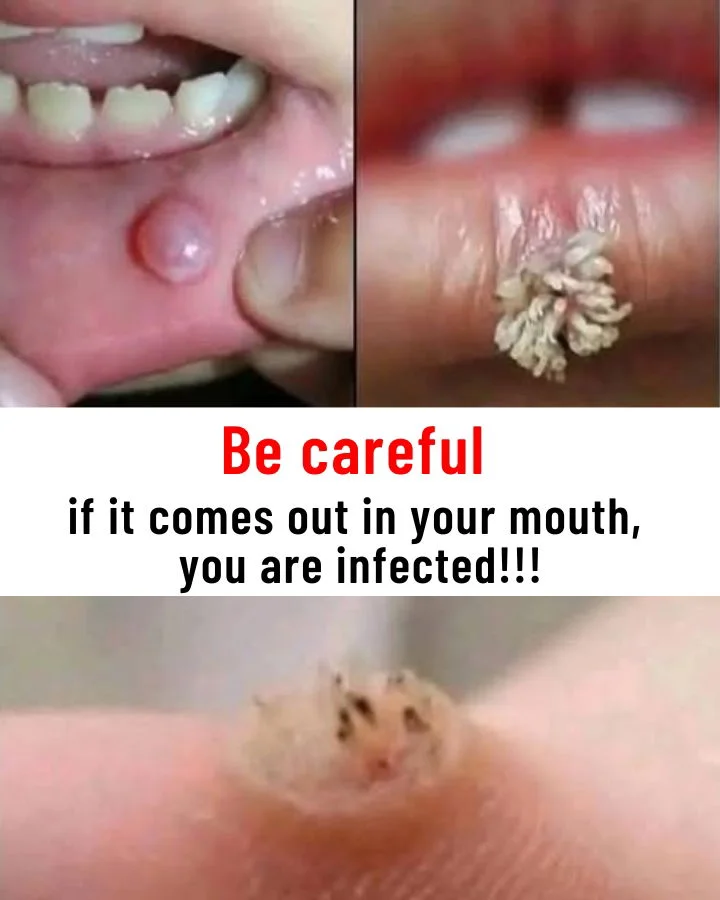Cold Sores and Hidden Connections: What Your Mouth Might Be Telling You About Your Health
Understanding Cold Sores
Cold sores—often called fever blisters—are a common viral infection caused primarily by the herpes simplex virus type 1 (HSV-1). Though less frequently, herpes simplex virus type 2 (HSV-2), more commonly linked with genital herpes, can also cause cold sores—particularly through oral-genital contact.
How Cold Sores Spread
Cold sores are highly contagious, spreading through direct or indirect contact with infected skin or saliva. Common transmission methods include:
Direct contact: Kissing or sharing food, drinks, or utensils with someone who has an active sore.Self-spread (Autoinoculation): Touching your own cold sore and then your eyes, genitals, or other areas of skin.
Recognizing the Stages of a Cold Sore
Cold sores tend to follow a predictable pattern:
- Tingling/Itching: A warning sign 1–2 days before a blister appears.
- Blistering: Small, fluid-filled blisters form, usually near the lips.
- Rupture: Blisters break open, leaving raw, painful sores—this is the most infectious stage.
- Scabbing: Sores dry out, crust over, and heal in about 7 to 10 days.
Even after healing, the virus stays dormant in the body and can reactivate later.
What Can Trigger a Cold Sore Outbreak?
Certain factors can wake the dormant virus and cause a new outbreak, including:
Emotional or physical stressSun exposure or UV rays
Hormonal changes (e.g., menstruation or pregnancy)
Illnesses like the flu or common cold
Managing and Treating Cold Sores
While there’s no cure, treatment can ease symptoms and shorten recovery time:
- Oral antivirals: Prescription meds like acyclovir, valacyclovir, or famciclovir are most effective if taken early.
- Topical treatments: Creams or ointments help reduce discomfort and may lower the risk of spreading.
- Pain relief: Over-the-counter options like ibuprofen, acetaminophen, or numbing gels can help.
- Moisturizers: Lip balms can prevent cracking and aid healing.
Prevention Tips
To avoid triggering or spreading cold sores:
- Avoid kissing or close contact when a sore is active
- Don’t share personal items like towels, makeup, or utensils
- Use SPF lip balm if sunlight is a trigger
- Maintain a strong immune system with a healthy diet, exercise, and stress management
When to Seek Medical Advice
See a healthcare provider if:
- Outbreaks are frequent or severe
- Sores appear in unusual locations
- Pain interferes with eating, drinking, or speaking
- You have a weakened immune system
- Over-the-counter treatments aren’t working
Could Infection Be a Clue to Alzheimer’s?
Alzheimer’s disease—currently the leading cause of dementia in the UK—has long been considered a degenerative brain disorder with links to aging, genetics, and cardiovascular health. But new research suggests infections might also play a surprising role.
A 2019 study highlighted a possible connection between Alzheimer’s and chronic gum disease, specifically implicating the bacterium Porphyromonas gingivalis, a key player in periodontitis.
“Infectious agents have long been suspected in Alzheimer’s development, but the evidence for causation hasn’t been compelling—until now,” said Dr. Stephen Dominy, co-founder of Cortexyme.
Researchers discovered that gingipains—toxins produced by P. gingivalis—were present at elevated levels in Alzheimer’s patients’ brains. These enzymes were also found in people who hadn’t yet developed cognitive symptoms but showed early signs of Alzheimer’s pathology.
This raises a provocative question:
Does infection contribute to Alzheimer’s, or does the disease itself lead to poorer oral hygiene?
Early-stage clinical trials of COR388, a drug targeting P. gingivalis, showed promising results in reducing inflammation and amyloid-beta levels in the brain—at least in mice.
“While preliminary, it’s essential we explore all possibilities, especially with no major Alzheimer’s treatment breakthroughs in 15 years,” noted David Reynolds, Chief Scientific Officer at Alzheimer’s Research UK.
Final Thoughts
At first glance, cold sores and Alzheimer’s may seem unrelated—but both may be shaped by infections hiding in plain sight. Whether it’s a virus erupting on your lip or bacteria silently impacting your brain, these discoveries reveal how oral health and systemic disease may be deeply connected.
Ongoing research could one day transform how we prevent, diagnose, and treat conditions that, until now, seemed worlds apart.








Post a Comment